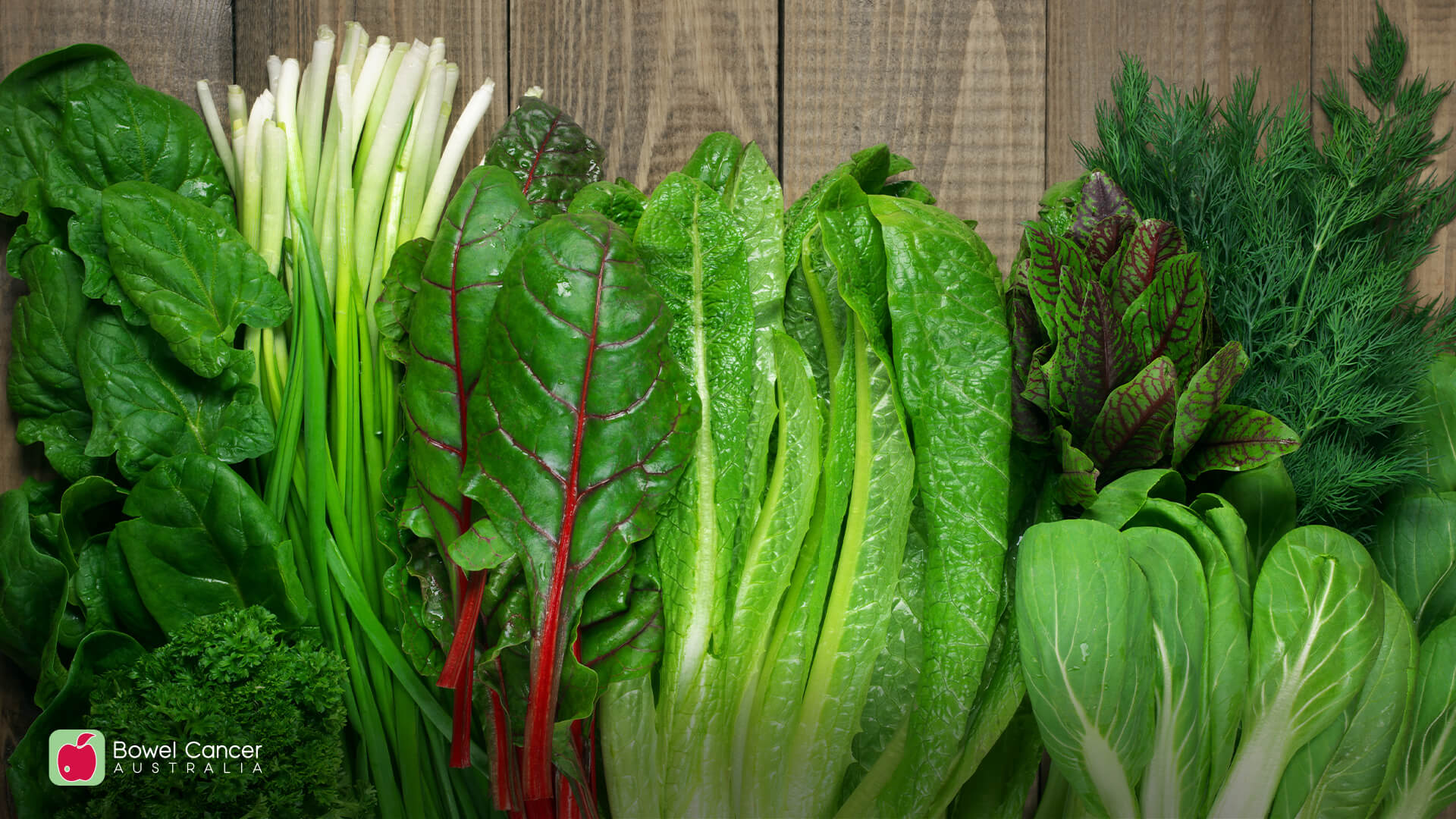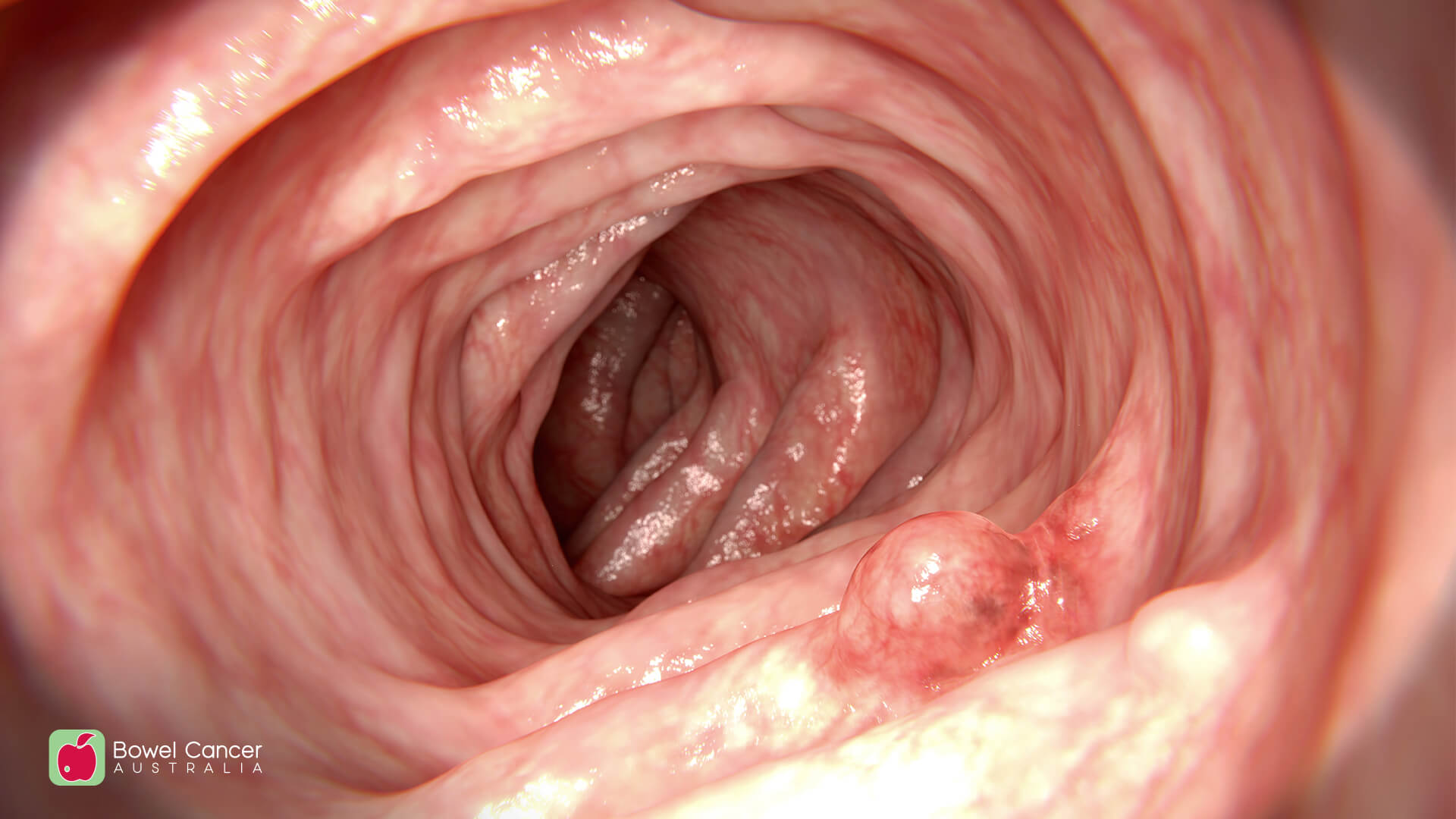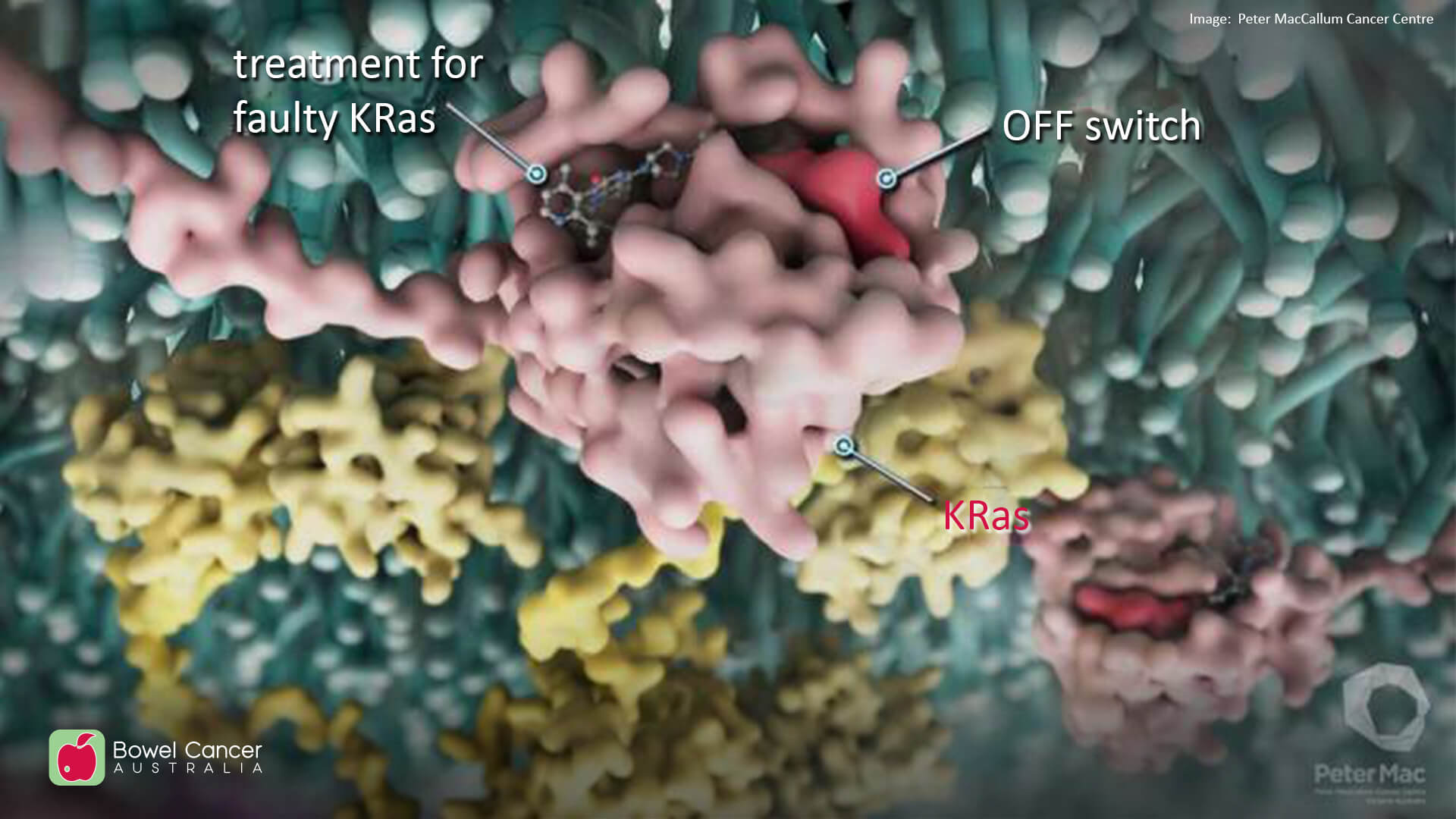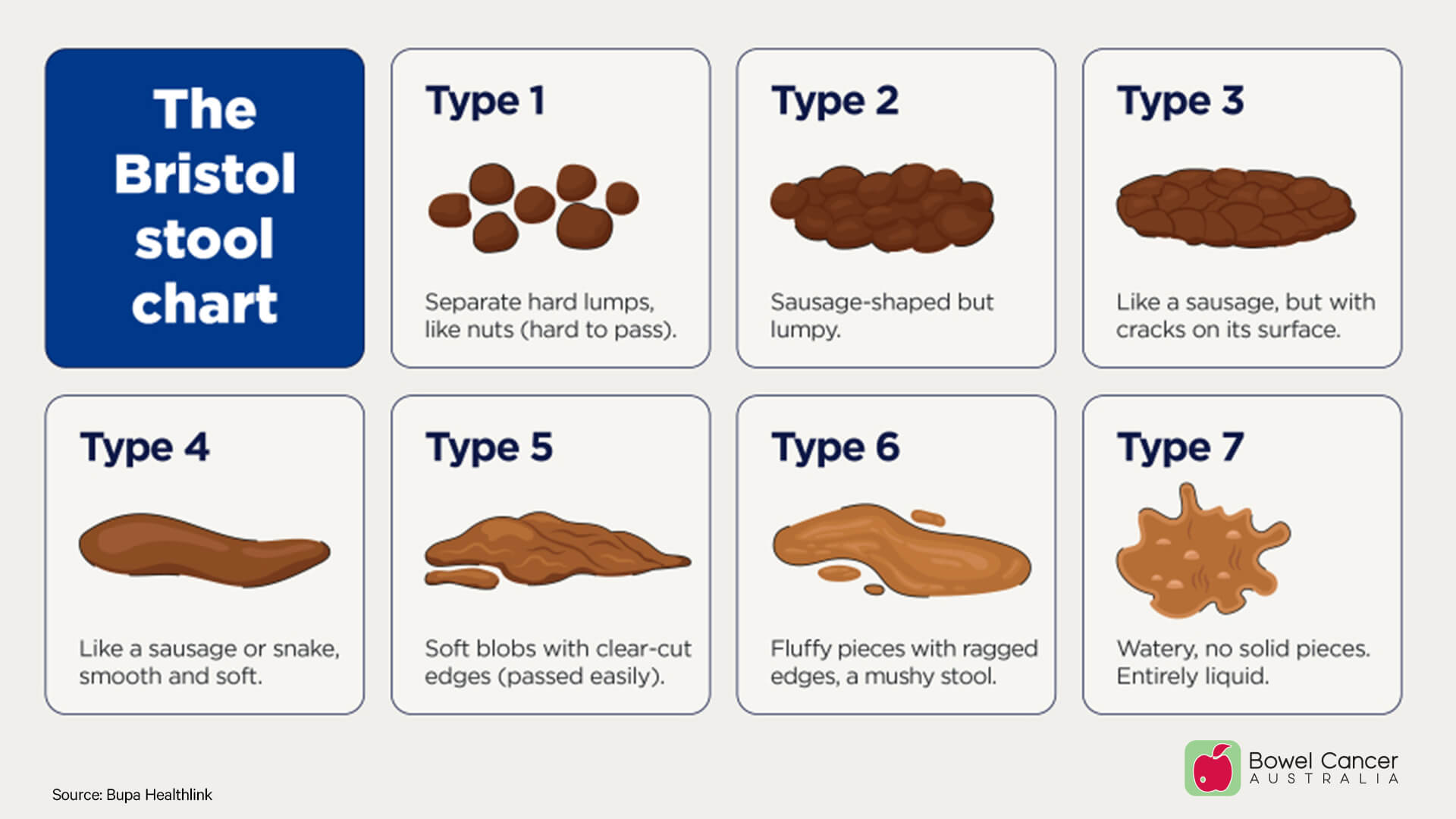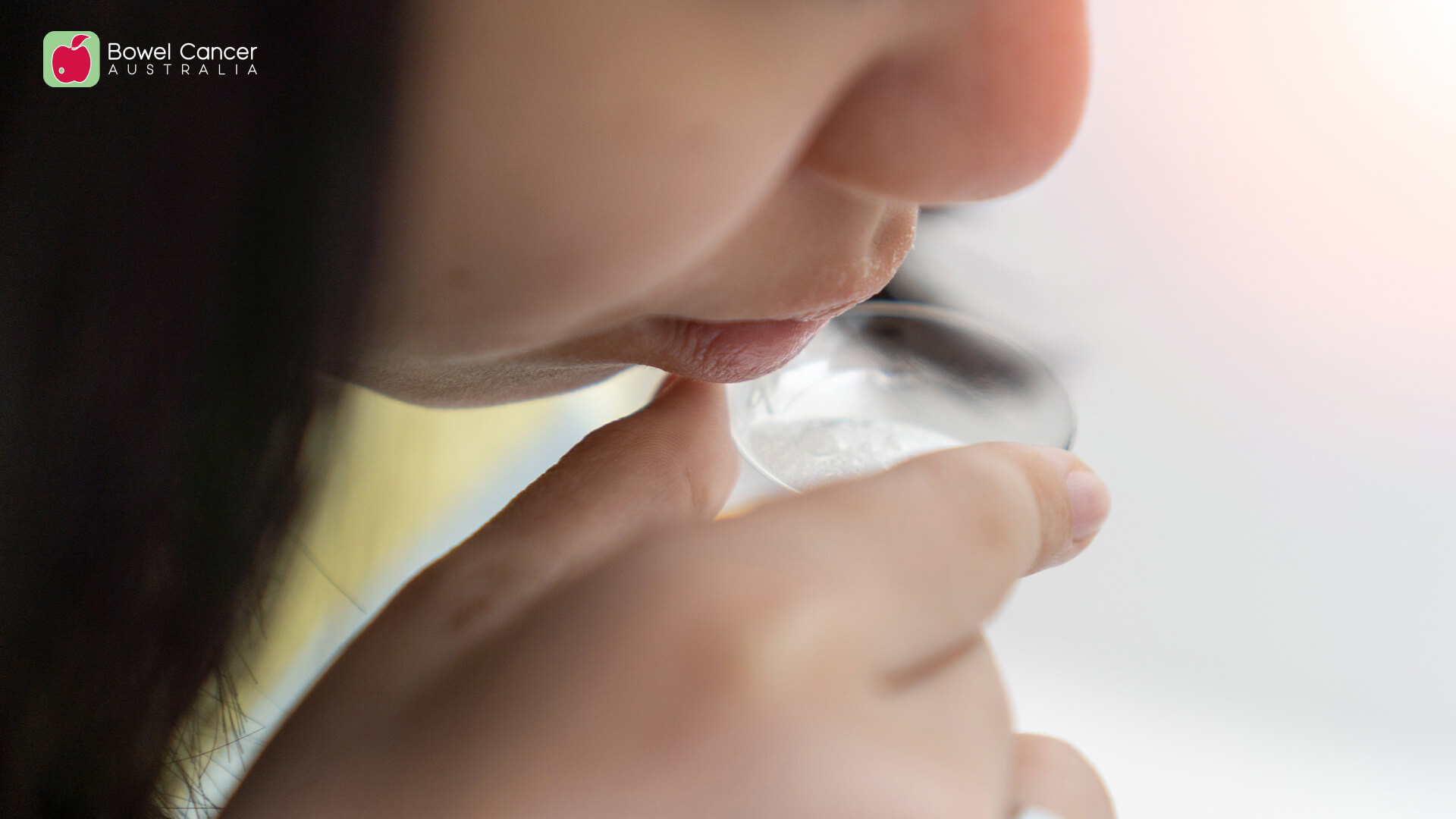Media centre

A recent study led by Imperial College London and published in the American Journal of Clinical Nutrition has found that increasing levels of folate (vitamin B9) and folic acid in the diet can reduce the risk of bowel cancer by 9%.
The research used data from over 70,000 individuals and examined the impact of folic acid supplementation and food naturally high in folate – such as leafy green vegetables (spinach, rocket), cruciferous vegetables, wholegrains, pulses, and fruit (particularly citrus) – on bowel cancer risk.
“Increasing your vegetable intake is an easy way to increase your intake of folate, with some added health benefits,” says Bowel Cancer Australia’s Nutritionist Jo.
- Details
Bowel cancer is also the deadliest cancer for Australians aged 25-44.
A recent study in Austria published in the JAMA, looked at the prevalence of bowel cancer and precursor (pre-cancerous) lesions in adults under 50 without symptoms. Precursor lesions include serrated lesions, adenomas, and advanced adenomas.
- Details
According to the SCORE (Shared Care follow-up for colOREctal cancer survivors) trial, led by researchers at the Peter Mac Cancer Centre in Melbourne, bowel cancer patients prefer shared care, where follow-up is shared between a GP and hospital specialist (oncologist).
This model of care exists in contrast to the usual or standard model of care, where follow-up is exclusively with a hospital specialist.
The Victorian study has shown that shared care is safe and just as effective as hospital-based care in the follow-up of bowel cancer survivors.
- Details
This year’s World Cancer Day campaign is all about working together to reimagine a world where millions of preventable cancer deaths are saved and access to life-saving cancer treatment and care is equitable for all.
- Details
- Details
- Details
Knowing what’s normal (for you), makes it easier to spot any changes in your bowel habit.
However, if a change lasts for more than two weeks, it could be a sign that something isn’t right, and you should discuss it straight away with your GP.
- Details
- Details
- Details

